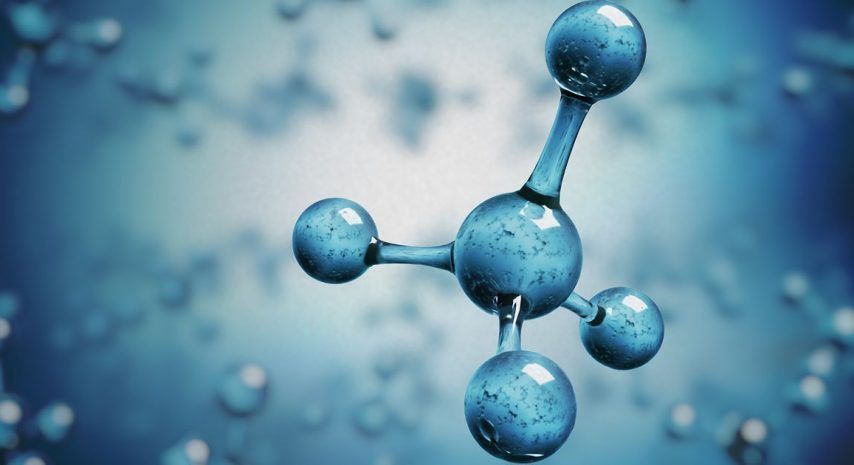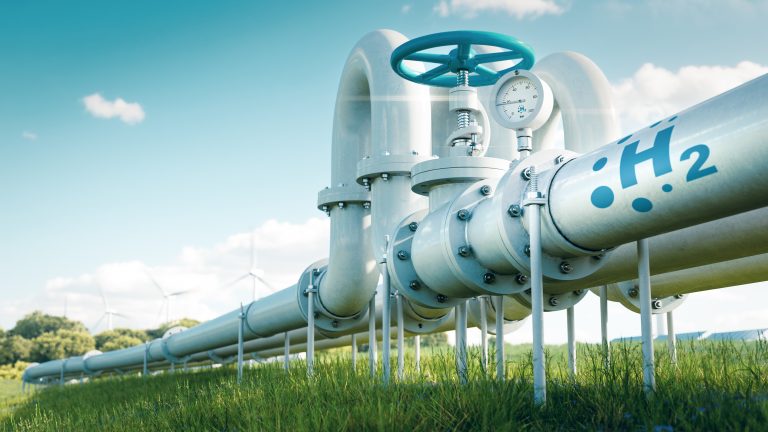
- Energy
Categories:
Renewable hydrogen will play a major role in energy transition towards a green economy. It is one of the most promising energy carriers and is also used in a great variety of industries worldwide.
Hydrogen does not emit CO₂ in its combustion, however, has some difficulties in storage (it is a small & light molecule, which requires a high volume in storage) and safety.
Fossil fuels, on the contrary, have a very high energy volumetric density, but do emit CO₂ and other GHG in their combustion process. This big problem needs to be solved, using for example hydrogen carriers, as methanol or ammonia.
Methanol, for instance, presents an economical advantage over almost all other alternatives for transoceanic hydrogen transport – except ammonia – and there is already an existing infrastructure. On the other hand, ammonia could be delivered and used directly as a product and presents an economically remarkable train transportation & distribution. However, both are toxic substances.
All hydrogen carriers have advantages and disadvantages that must be considered.

Javier Llabrés
Javier holds a PhD in applied chemistry and is Chief Technical Engineer at Sener, where he has worked since 2007. He is currently focused on R&D projects related to the cracking and synthesis of ammonia and methanol, the development of microwave electrolyzers and hydrogen generators, and projects related to the transportation and production of green hydrogen. He combines his professional work with teaching, as an associate professor at the UAM.









